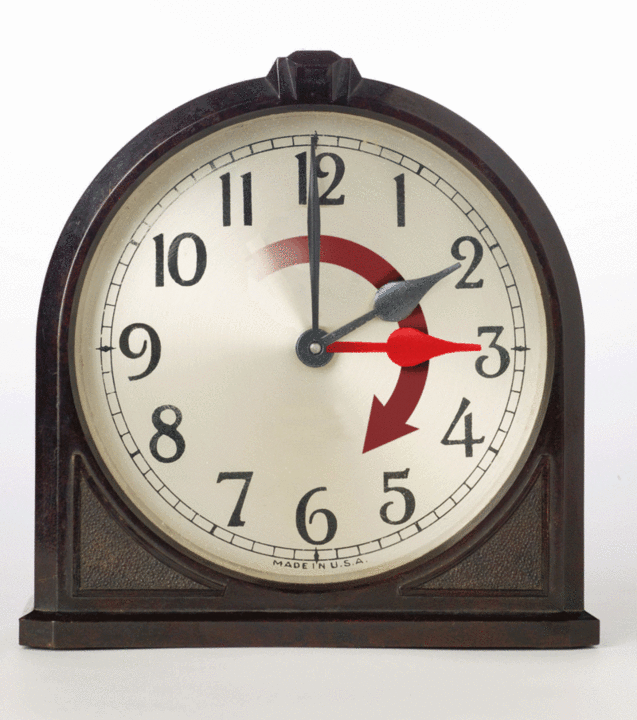本文
CIRレポート・a1502
CIRレポート 2月号(アメリカ)
サマータイム
国際交流員 キラ・アダムス(アメリカ)

3月の第2日曜日までは、私の実家があるニュージャージーと日本は14時間の時差がありましたが、今は、13時間の時差になっています。アメリカのほとんどの州では、3月の第2日曜日の午前2時から時計を1時間進め、明るい時間を有効に使えるようにします。
サマータイム、アメリカでいう『デイライト・セービング・タイム』は1918年に初めて導入されましたが、評判が悪かったため国は法律を廃止し、実施の可否とその実施時期については地域の判断に任せることにしました。結果として、約半分の州は実施せず、実施している州の中でも、地域によってばらばらのサマータイムが設定されました。ある高速道路を走ると、約50kmの区間で7回時間の変更があるというほど、複雑化していました。
状況を改善するために、国は新しい法律を作り、実施するかどうかは州単位で決めることになりました。(ただし、一つの州でも時差があり時間帯が2つに分かれるところでは、時間帯ごとに決めることができます。)現在は、アリゾナの大部分、ハワイと海外領土を除く地域でサマータイムが実施されています。
今でも、サマータイムが有益かどうかについて議論があります。「明るい時間を有効に使える」、「活動時間が増えるのでビジネスチャンスが広がる」という賛成論もあれば、「テレビの視聴率が下がる」、「生徒の通学時間が暗すぎる」という反対論もあります。
あなたはどちらがいいと思いますか。
Daylight Saving Time
CIR Kira Adams(USA)
Up until the second Sunday in March, there was a 14 hour Daylight Saving Timedifference between Japan and my home town in New Jersey, but now these is only a 13 hour difference. At 2am that Sunday, most of the United States adjusted their clocks an hour forward, meaning that the sun is up later into the afternoon and evening hours.
When the United States started observing daylight saving time (DST) in 1918, it proved to be quite unpopular. After multiple changes, the national policy was abolished, allowing regions to choose the start and end dates themselves or compleTely cancel DST if they wished. This lack of consistency made travel very confusing. Almost half of states did not observe DST, and most of the others were inconsistent within the state. There was even one stretch of highway where the time changed 7 times over the course of around 35 miles.
To rectify this, the country passed a law proscribing the start and end dates and requiring that each state be united in its decision to observe or not. UnfortunaTely, this law was further complicated for states that lie in two different time zones, which were allowed to exempt the part other part of the state. Currently most of Arizona, Hawaii, and many overseas territories do not change their clocks.
Even now there is debate about whether daylight saving time is beneficial or not. Many people enjoy the longer sunlight hours, and some businesses claim it is good for profits. However, other economic interests such as Television are negatively affected, and students leaving for school early in the morning can be left walking in the dark. Which side of the debate do you fall on?

